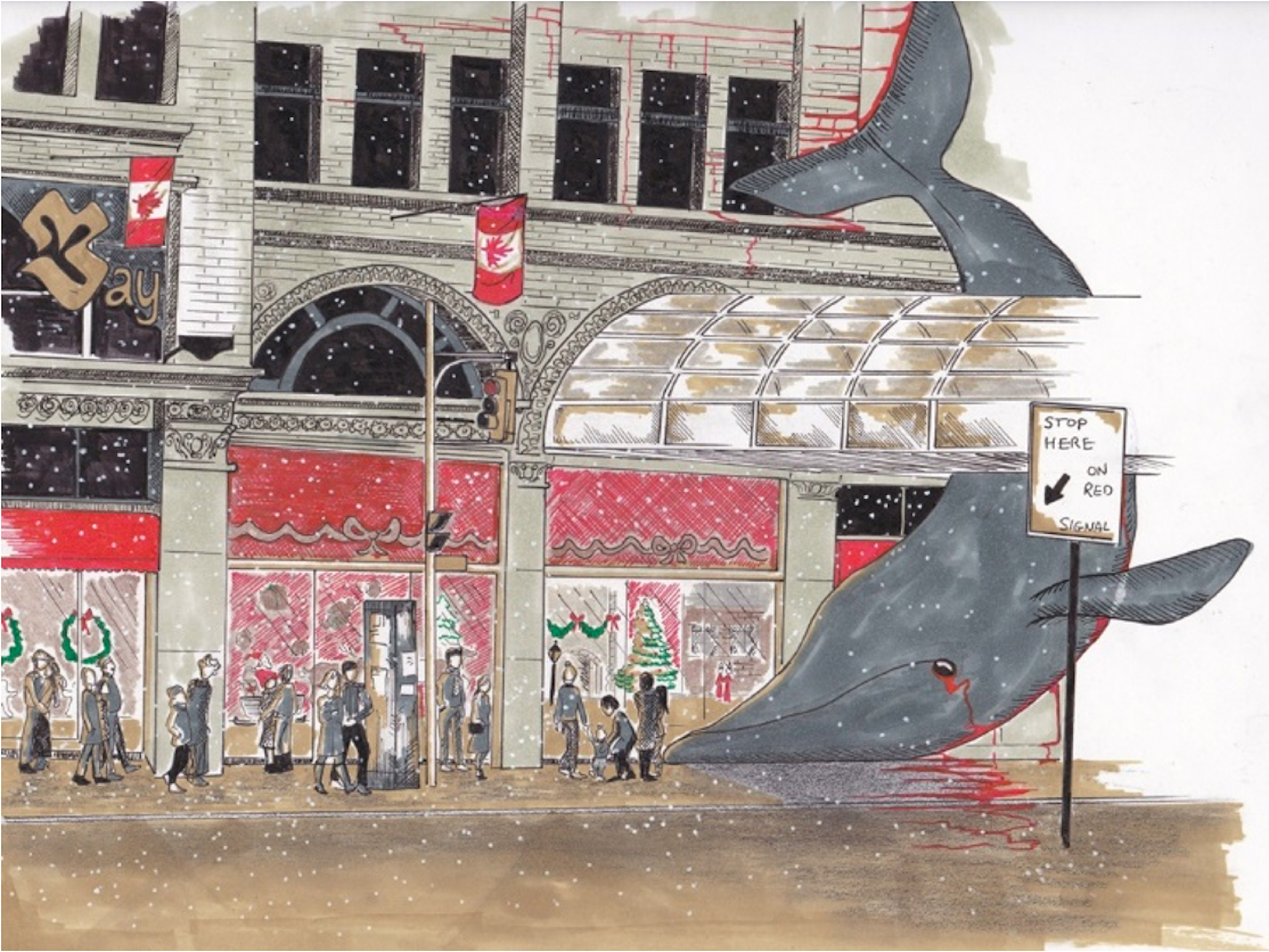THE LIFE OF BLOSSOM
LIVING POETICALLY IN THE ANTHROPOCENE
DOI:
https://doi.org/10.18432/ari29501Keywords:
poetic inquiry, anthropocene, ecological crisis, environmental education, science educationAbstract
Scientists indicate that we are living in the Anthropocene, an epoch marked by unprecedented human impact on the planet. Our ecological predicament poses a significant challenge to human consciousness as we experience a pivotal moment in planetary history. Following the work of Mary Oliver, Carl Leggo, Kathleen Dean Moore, and other poetic luminaries, we consider what it means to live poetically in the Anthropocene, to experience beauty and meaning amidst depletion and radical ecological change, to weep for the disappearance of species while working toward personal and systemic transformation. We ask: How does poetry contribute to a flourishing life in a time of ecological crisis? Why is poetry an especially potent vehicle of human expression and transformation? In a dialogic format, the authors exchange reflections on poetic inquiry, and muse on the importance of poetry as a vehicle for investigation and reformation.
References
Abram, D 2011 Becoming animal: An earthly cosmology, New York: Vintage Books
Bai, H 2015 ‘Peace with the earth: Animism and contemplative ways’, Cultural Studies of Science Education 10, 135-147
Basho, M 2000 Narrow road to the interior and other writings, Bonston: Shambhala
Berry, T 1999 The great work: Our way into the future, New York: Three Rivers Press
Berry, T 2006 Evening thoughts: Reflecting on earth as sacred community,
New York: Sierra Club Books
Bronowski, J 1972 Science and human values, New York: Harper & Row
Devall, B & Sessions, G 2001 Deep ecology: living as if nature mattered. Salt Lake City: Gibbs Smith
Eliot, TS 1993 ‘Little gidding’, Norton anthology of English literature, 6th edn, vol. 2, New York: WW Norton, 2164-2170
IPCC 2014 ‘Fifth assessment report - synthesis report’, at https://www.ipcc.ch/report/ar5/syr/ (accessed 11 April 2017)
Leggo, C 2005 ‘Pedagogy of the heart: Ruminations on living poetically’, Journal of educational thought, 39.2, 175–195
Leggo, C 2012 ‘Living language: What Is a Poem Good For?’, Journal of the Canadian Association for Curriculum Studies, 10:2, 141-160
Luther, K 2016 Boundary layer: Exploring the genius between worlds. Corvallis, OR: Oregon State University Press
McFarlane, TJ (ed) 2002 Einstein and Buddha: The parallel sayings. Berkeley, CA: Seastone
Stewart, S 2012 ‘Writing to the edge of what we know’, In S Thomas, A L Cole and S Stewart (eds) The art of poetic inquiry, Halifax, NS: Backalong, 43¬–55
Waters, CN, Zalasiewicz, J, Summerhayes, C, Barnosky, AD, Poirier, C, Gałuszka, A, Wolfe, AP 2016 ‘The Anthropocene is functionally and stratigraphically distinct from the Holocene’, Science 351. 6269, aad2622, at https://doi.org/10.1126/science.aad2622 (accessed 20 May 2016)
Zalasiewicz, J, Williams, M, Steffen, W, & Crutzen, P 2010 ‘The new world of the Anthropocene’, Environmental science & technology 44: 7, 2228–2231, at https://doi.org/10.1021/es903118j (accessed 20 May 2016)
Zwicky, J 2016 The long walk, Regina: University of Regina Press.
Downloads
Published
How to Cite
Issue
Section
License
Copyright (c) 2020 Art/Research International: A Transdisciplinary Journal

This work is licensed under a Creative Commons Attribution-NonCommercial-NoDerivatives 4.0 International License.
Authors who publish with Art/Research International agree to the following terms:
a. Authors retain copyright and grant the journal right of first publication and the right to sublicense the Contribution, in the form in which it is published by the journal, to others under the terms and conditions of the of the Creative Commons Attribution-NonCommercial-NoDerivs (CC BY-NC-ND) that allows others to download the work and share the work with others with an acknowledgement of the work's authorship and initial publication in this journal, but they cannot change the work in any way or use any part of the work commercially.
b. Authors are able to enter into separate, additional contractual arrangements for the non-exclusive public distribution and display of the journal's published version of the work (e.g., post it to an institutional repository or publish it in a book), with an acknowledgement of its initial publication in this journal.
c. Authors are permitted and encouraged to post their work online (e.g., in institutional repositories or on their website) prior to and during the submission process, as it can lead to productive exchanges, as well as earlier and greater citation of published work (See The Effect of Open Access).
d. Authors wishing to include items (such as images or other media, or any creative works of others whether previously published or not) must contact the original copyright holder to obtain explicit permission to publish these items in Art/Research International. Writing permission should include: the title(s) of any copyrighted work, original place of publication if applicable, and an acknowledgement of having read Art/Research International's copyright notice. Authors are responsible for obtaining this permission and keeping it in their own records for later verification.



